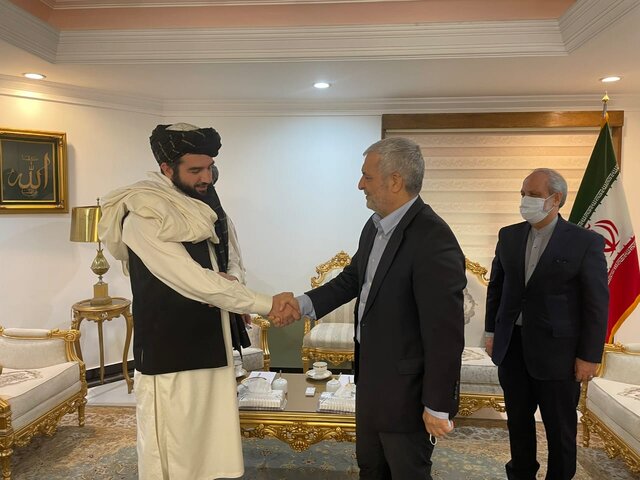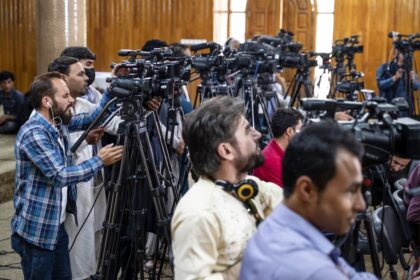RASC News Agency: Hassan Kazemi Qomi, Iran’s Ambassador and Special Representative for Afghanistan, subtly criticized the Taliban’s governance and called for an end to the systemic discrimination against ethnic, linguistic, and religious minorities in Afghanistan. In an interview with an Iranian media outlet, he stated, “A regime that is mono-ethnic, mono-linguistic, mono-gendered, and mono-religious cannot meet the needs of a diverse population that comprises various languages, ethnicities, and religious beliefs. It is imperative to put an end to discrimination against these minorities in Afghanistan.”
Kazemi Qomi further stressed that individuals without proven criminal charges should be afforded the opportunity to participate fully in Afghanistan’s social, political, economic, and cultural life. He also highlighted the international efforts led by four countries to bring the Taliban to trial at the International Criminal Court in The Hague, urging the group to take this seriously. He explained, “These nations, citing Afghanistan’s membership in the Convention on the Elimination of All Forms of Discrimination Against Women, are striving to bring the interim government to international justice. If the Taliban withdraws from the convention, global pressure regarding women’s rights will increase. If they reverse their policies, they will contradict their established principles. If they remain in the convention, they will inevitably face legal condemnation from The Hague.”
Kazemi Qomi emphasized that the Taliban has yet to establish a framework for meaningful strategic dialogue. He added, “Ironically, this is exactly what Western powers expect a government that remains regionally isolated, forcing it to rely on them for the development and deepening of its international relations.” His remarks reflect an open critique of the Taliban’s ethnocentric and medieval policies, despite his previous role as a key lobbyist for the group, which helped shift Iranian leadership’s stance toward the Taliban.






